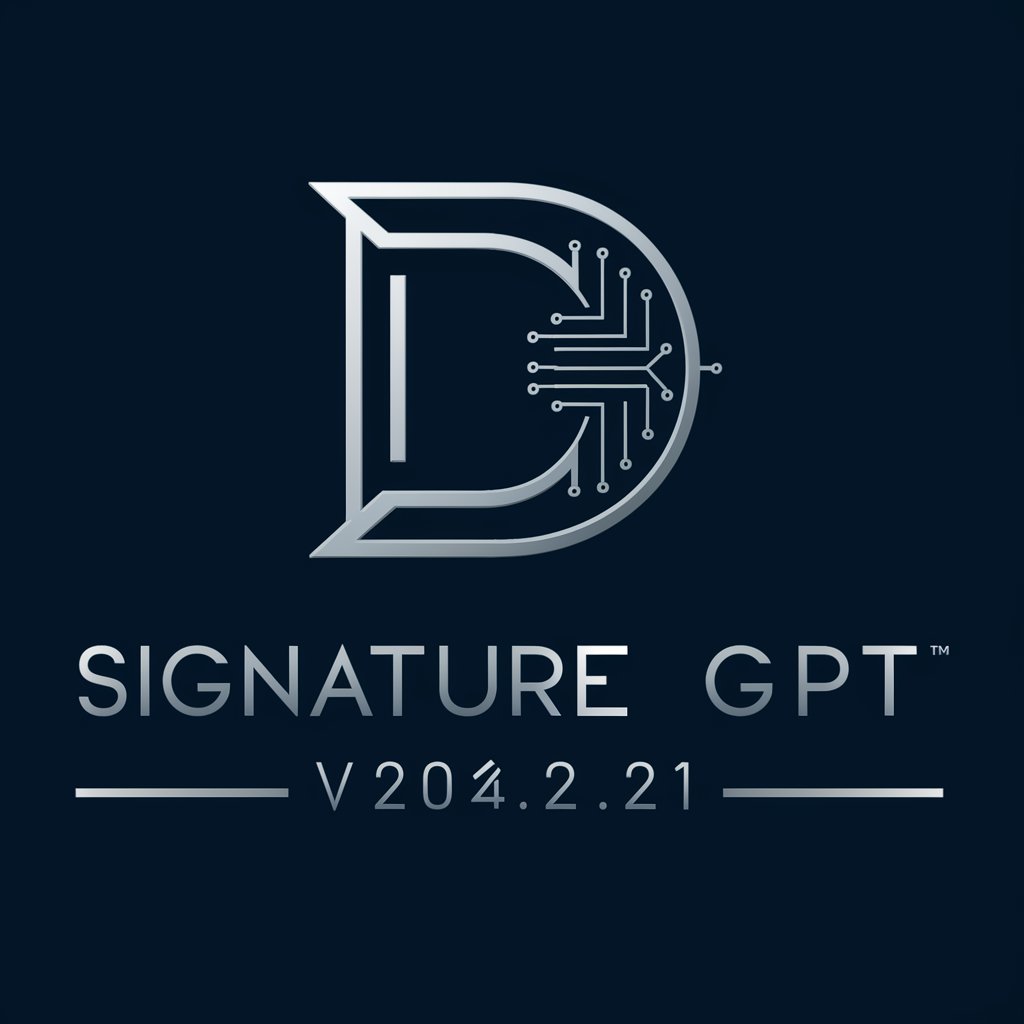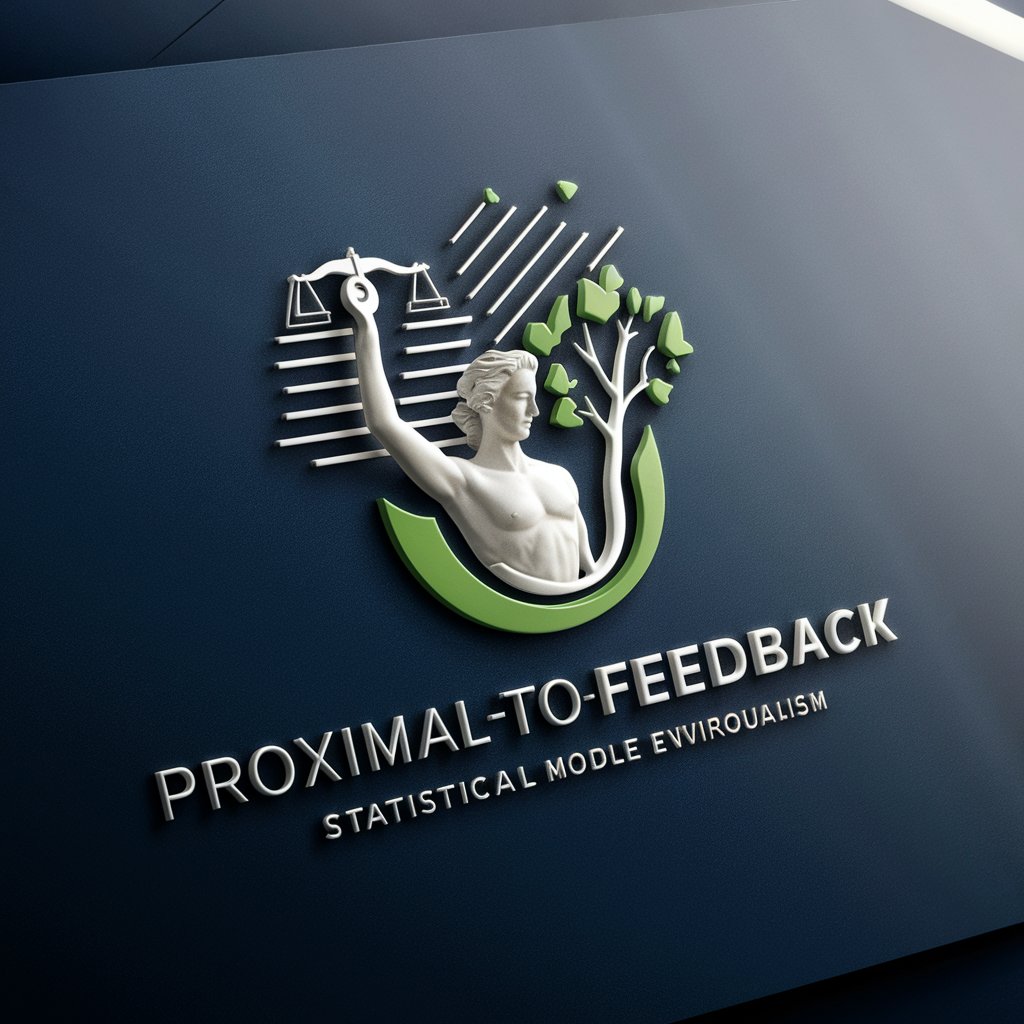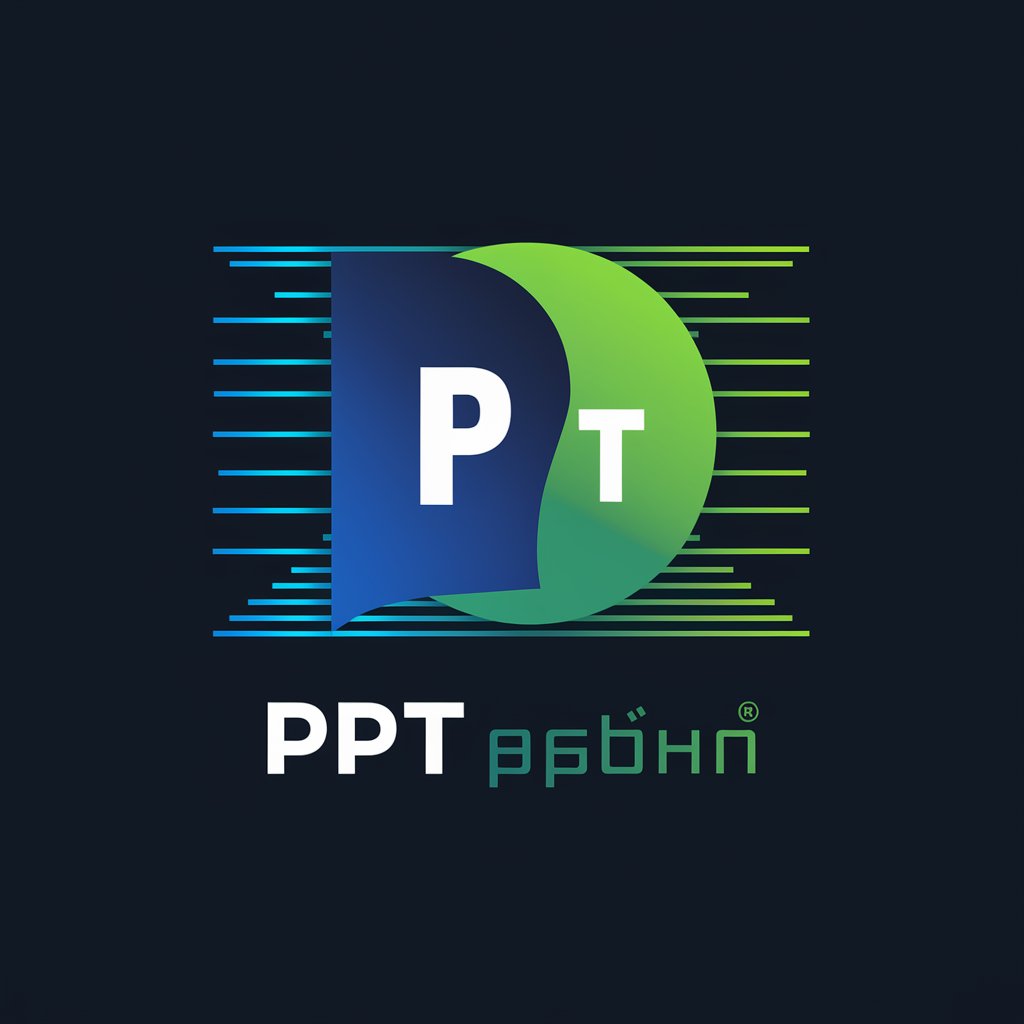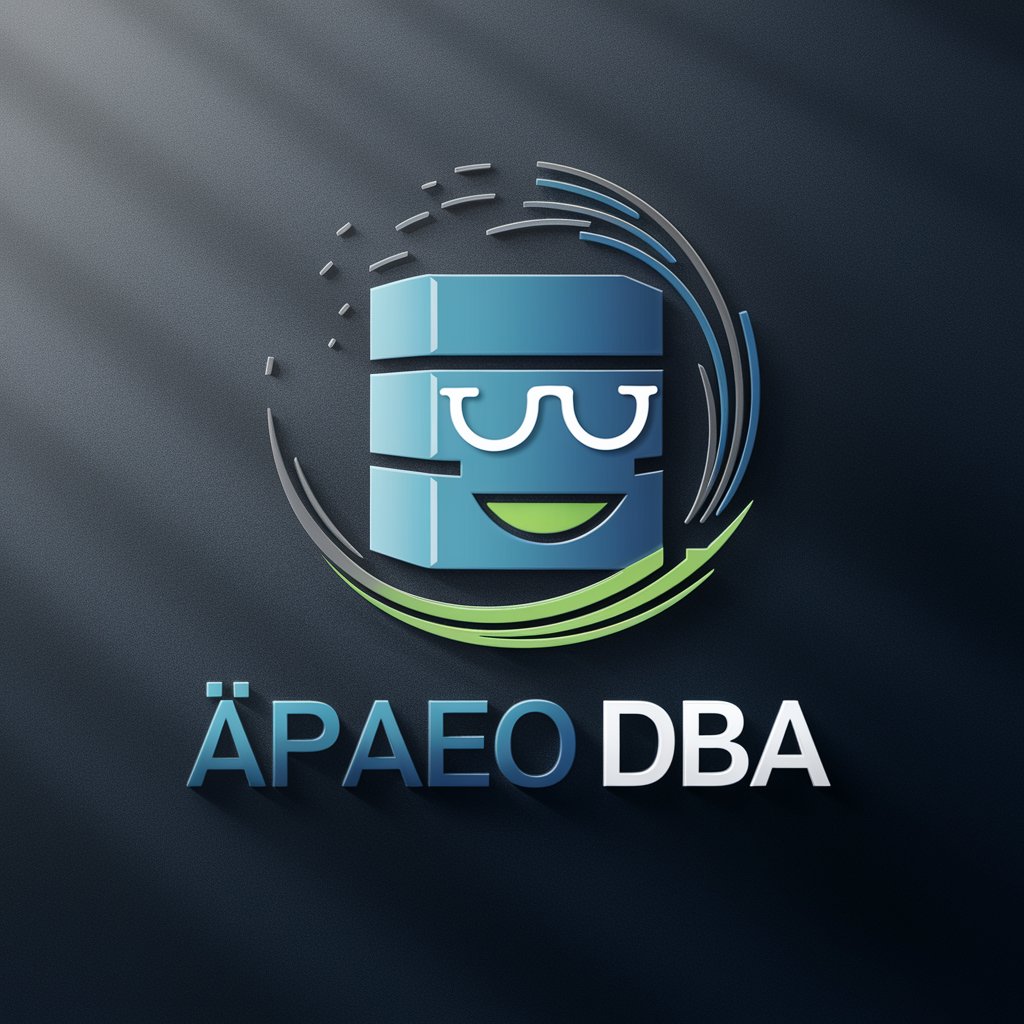
DSPy Signature GPT v2024.2.21 - modular AI text transformation

Welcome! Let's revolutionize AI development with DSPy Signature classes.
AI-powered text transformation made modular.
How can I construct a Signature class for my specific task?
What are the best practices for optimizing Signature classes with teleprompters?
Can you provide an example of a complex Signature class?
How do I troubleshoot common errors in my Signature class?
Get Embed Code
Overview of DSPy Signature GPT v2024.2.21
DSPy Signature GPT v2024.2.21 is designed to assist users in developing and implementing Signature Classes within the DSPy programming model. These classes play a crucial role in defining the tasks that language models perform by specifying structured inputs and expected outputs. The primary purpose of DSPy Signature GPT is to facilitate the creation of these classes, ensuring that they are both efficient and effective. This model aids in streamlining the communication between developers' intent and the language model's execution, providing a framework that allows for dynamic compilation and iterative refinement. For example, a developer might use DSPy Signature GPT to design a Signature Class that automatically generates executive summaries from lengthy reports, tailoring the language model's responses to provide concise, relevant content based on the data input. Powered by ChatGPT-4o。

Core Functions of DSPy Signature GPT v2024.2.21
Signature Class Creation
Example
class FinancialReportSummary(Signature): source_document = InputField(desc="Full text of the financial report.") summary_points = OutputField(desc="Key financial highlights and metrics.")
Scenario
A financial analyst uses this Signature Class to automatically generate summarized reports that highlight key metrics and trends, saving time and ensuring consistency across documents.
Optimization and Refinement
Example
Using DSPy's teleprompter system to fine-tune the responses of a language model based on the performance feedback from initial outputs.
Scenario
A software developer refines a Signature Class that aids in bug triage, improving its ability to categorize and prioritize issues based on the evolving needs of the software team.
Error Analysis and Feedback
Example
Analyzing misclassifications in a Signature Class designed for customer sentiment analysis to provide targeted improvements.
Scenario
A data scientist adjusts the input fields of a sentiment analysis Signature Class to better capture nuanced expressions of customer feedback, enhancing the accuracy of sentiment scores.
Target User Groups for DSPy Signature GPT v2024.2.21
Software Developers
Developers who need to integrate sophisticated, AI-driven text processing tasks into their applications will find DSPy Signature GPT invaluable. The ability to specify exact task requirements and outputs helps them build more reliable and scalable AI features.
Data Scientists
Data scientists who work with large volumes of unstructured text data can use Signature Classes to streamline data analysis, pattern recognition, and automated reporting, thereby enhancing productivity and data insights.
Product Managers
Product managers focusing on AI product features can leverage DSPy Signature GPT to clearly define and manage how AI components interact within their products, ensuring that these interactions align with user needs and business goals.

Guidelines for Using DSPy Signature GPT v2024.2.21
1
Visit yeschat.ai for a free trial without login, no need for ChatGPT Plus.
2
Familiarize yourself with the DSPy programming model and the concept of Signature classes by reviewing the online documentation or tutorials.
3
Identify the specific text transformation or analysis task you aim to solve, whether it's summarization, data analysis, content generation, etc.
4
Craft a Signature class defining the task's input and output structure, annotating fields for clarity.
5
Use optimization techniques like teleprompters or prompt tuning to refine the results and align with your requirements.
Try other advanced and practical GPTs
Interview Mirror
Tailor Your Interview, Master Your Future

Stats Solver Proximal-to-Feedback
Empowering Statistical Analysis with AI

PPT制作助手
Transform ideas into impactful presentations

Legal Study PhD
Harness AI for Informed Legal Insights

Blog Post Image Maker
Craft Stunning Blog Images, Powered by AI

IT Helper
Empowering IT Solutions with AI

Signature Creator
Craft Your Signature with AI

Signature Design Guru
AI-Powered Signature Designs for All

Humanizer Rus
AI-powered language refinement.

Python Prodigy
Empowering your Python with AI

File Summary(documents, images, 문서, 이미지 파일 요약)
AI-driven insights from your files

数据库 DBA
Empower Your Data with AI

DSPy Signature GPT v2024.2.21 - Q&A
What is DSPy Signature GPT v2024.2.21 primarily used for?
DSPy Signature GPT v2024.2.21 specializes in helping users design and implement Signature classes, optimizing AI-driven text transformation tasks through the modular DSPy programming model.
How do Signature classes enhance AI-driven tasks?
Signature classes serve as a modular framework, defining structured input and output fields. They guide the LM in understanding the transformation, providing clarity and modularity, and improving results through iterative optimization.
Can I use DSPy Signature GPT v2024.2.21 for data analysis tasks?
Yes, DSPy Signature GPT v2024.2.21 can be used for data analysis tasks by crafting Signature classes that encapsulate data patterns, identify insights, and offer actionable recommendations based on the input data.
What are the teleprompters, and how do they help?
Teleprompters, such as BootstrapFewShot, guide the AI in learning tasks through generated examples. They iteratively refine task performance by providing new prompts and feedback-driven improvements.
What kind of tasks can DSPy Signature GPT v2024.2.21 assist with?
DSPy Signature GPT v2024.2.21 can assist with a variety of tasks, including document summarization, academic writing, code generation, data analysis, and more, by structuring tasks using Signature classes.